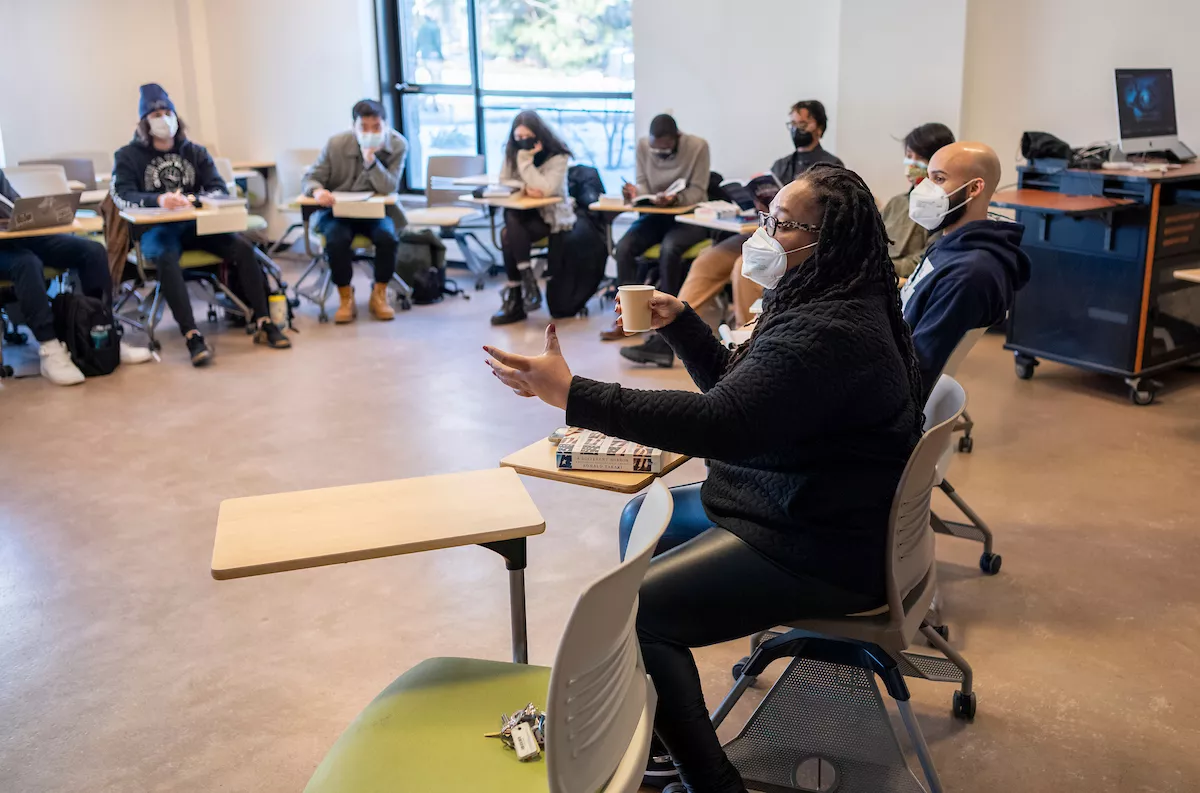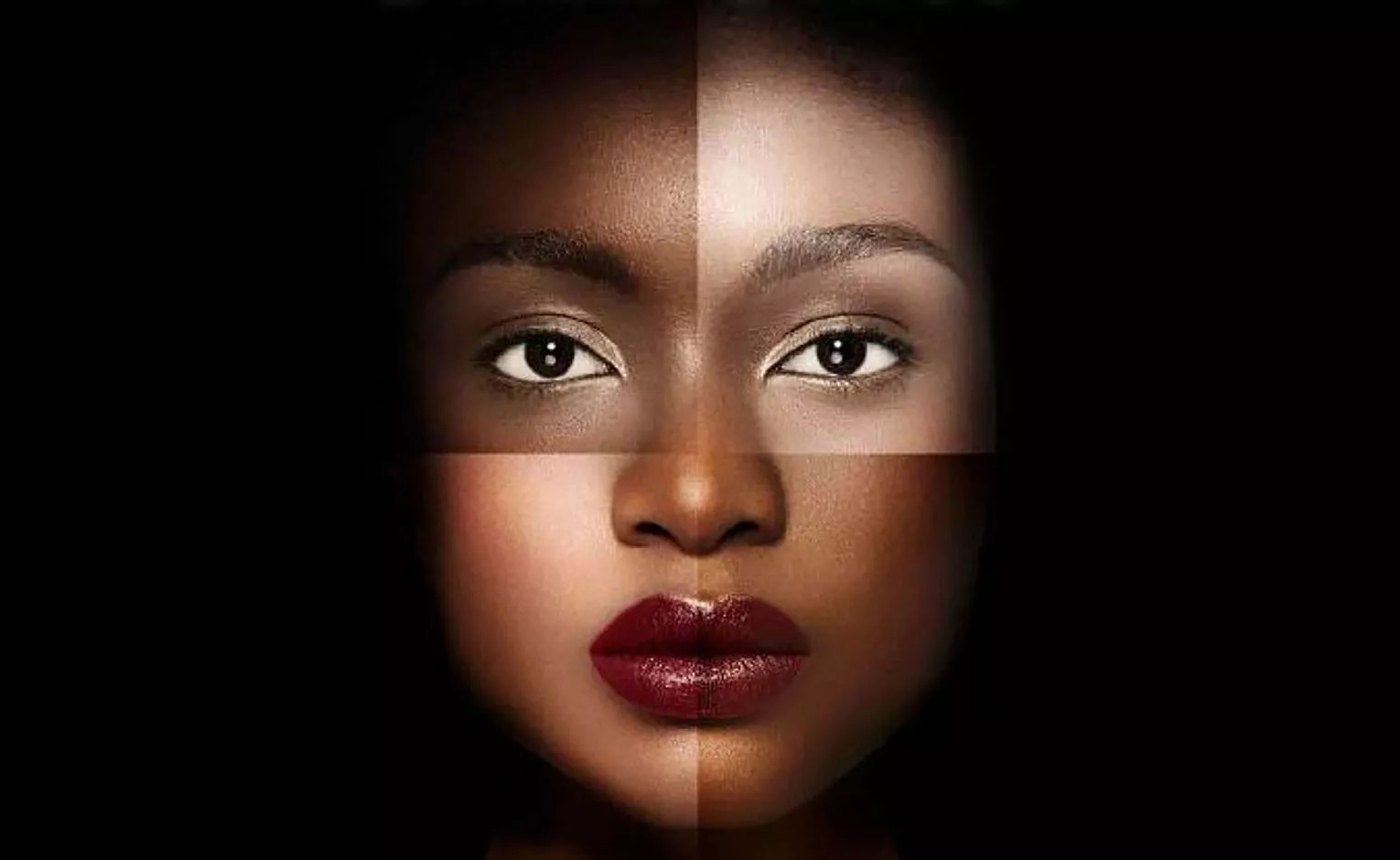Sociologists and anthropologists study the social structures that create order and meaning in human societies and cultures as well as the pressures and contradictions that produce patterns of conflict and change. Complex social issues such as globalization, nationalism, race relations, social movements, and social inequalities are the focus of Swarthmore's Sociology and Anthropology Department. Students explore these themes in the classroom and through fieldwork and independent research.
At Swarthmore, we view sociology and anthropology as disciplines engaged in a common intellectual task. Sociology and anthropology analyze individual experiences and connect them to larger social issues. The disciplines illustrate how matters that are often perceived as "personal problems" are actually consequences of social structures, including the gender, ethnic, or racial dynamics of society. The goal of sociology and anthropology is not merely to acquire knowledge about different societies, but also to critically engage with the complexities of social life. Understanding the dynamics of society is also one of the first steps toward social change.






